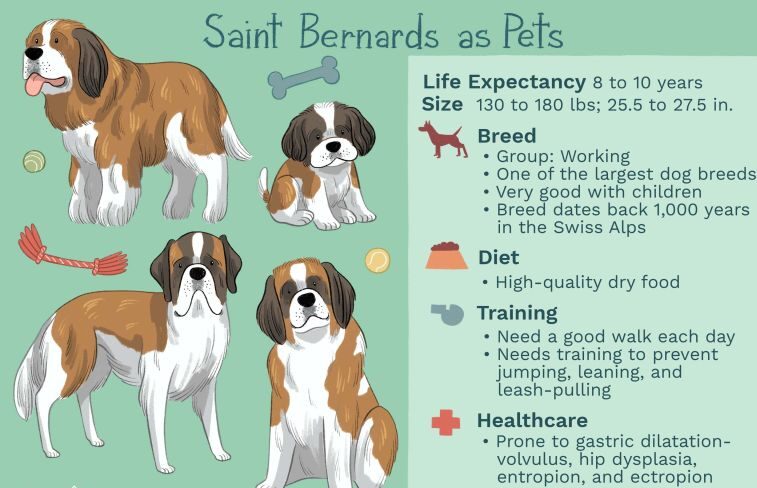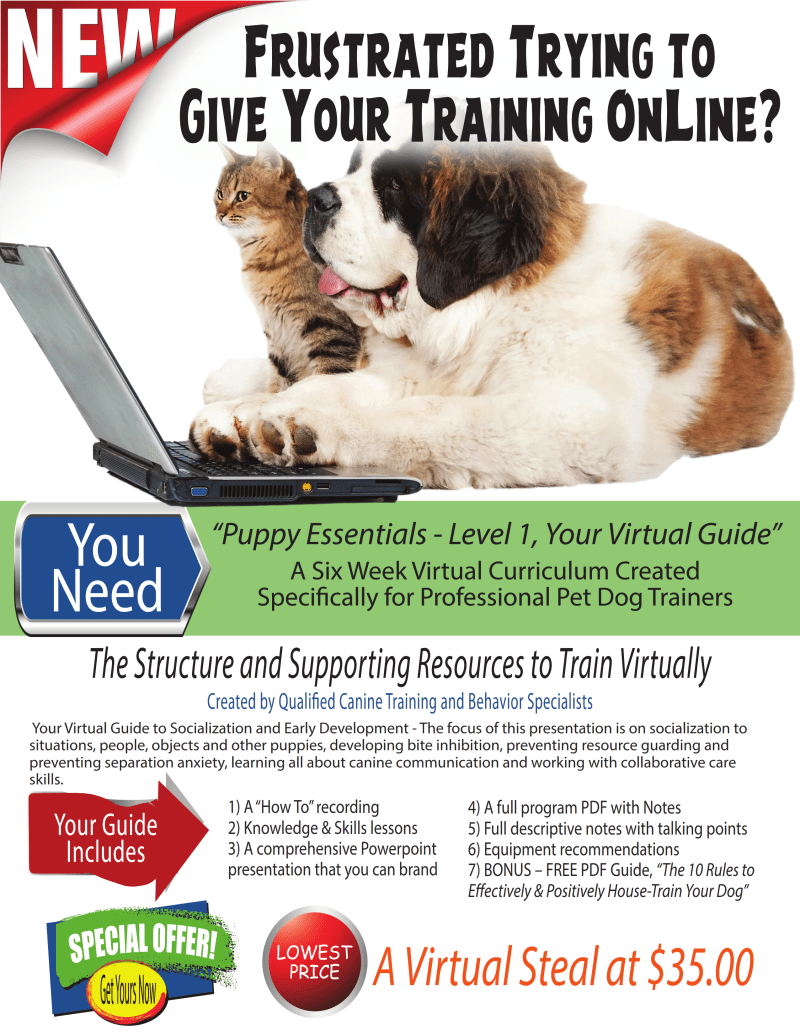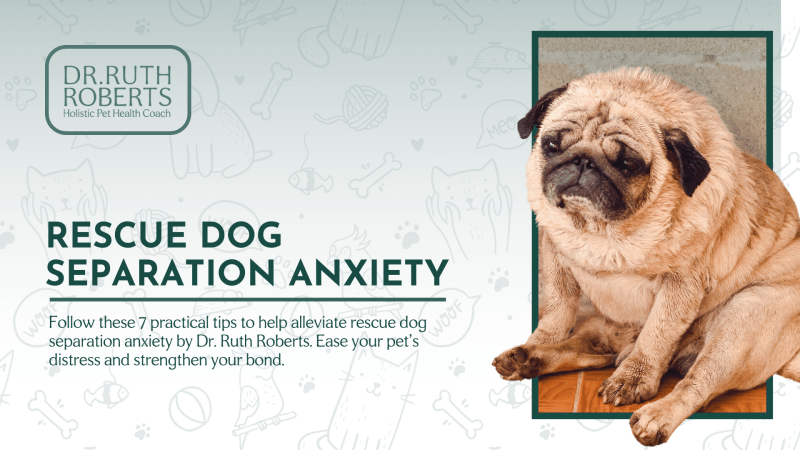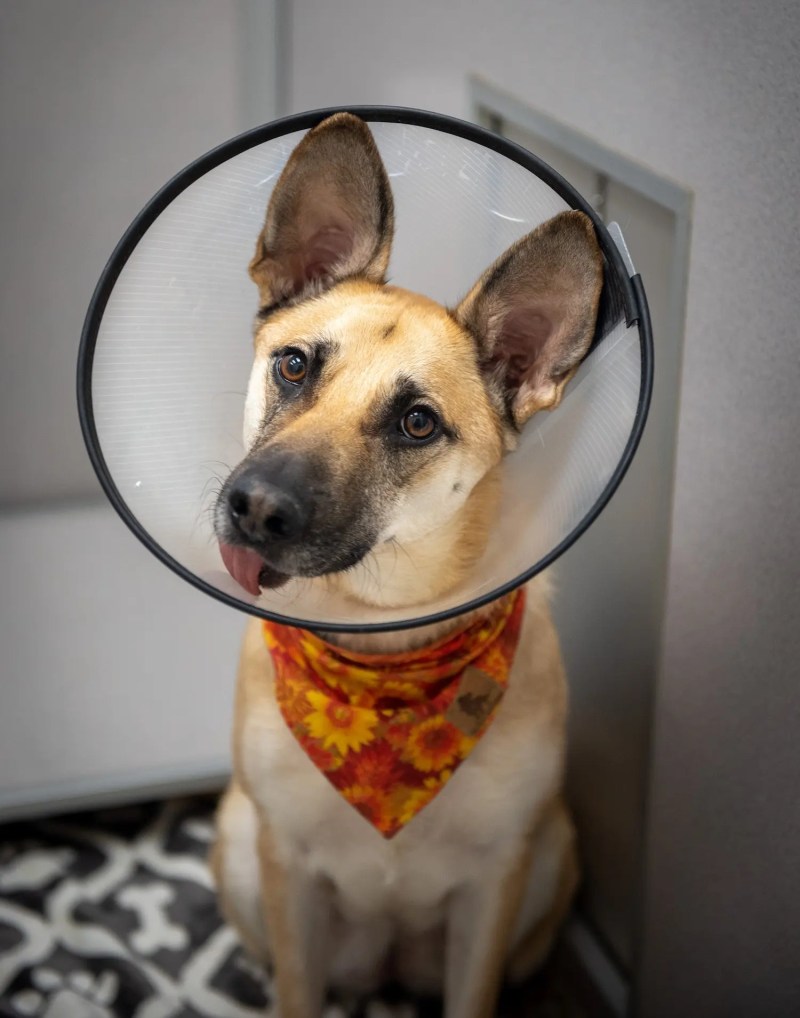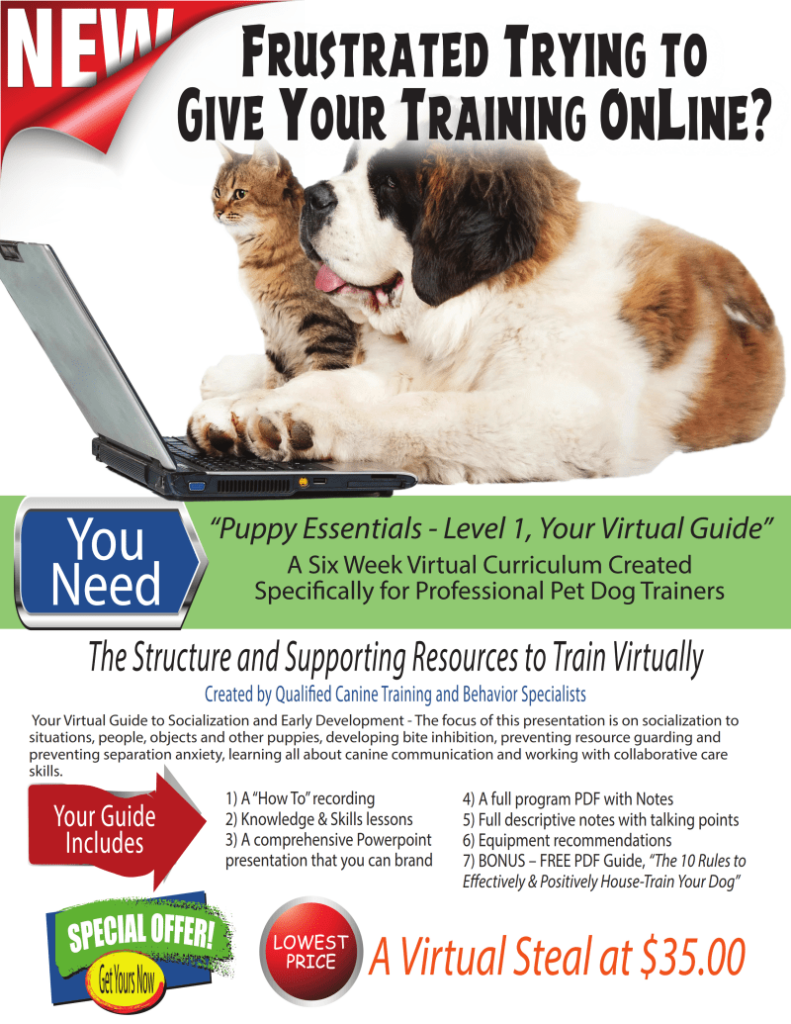Dog Family Health –A lot of people brought new animal family members into their homes during the pandemic. Pets bring happiness, company, and a feeling of normalcy during times of change. Studies show that having a pet makes you feel better emotionally and is good for your entire body. With 40% of Americans having a dog and 29% having a cat, it’s clear that pets are important to many families.
But having a dog means taking care of their health, among other things. Having a dog can cost a lot of different amounts, based on its size, breed, and level of care. A small dog costs about $15,051, a medium dog $15,782, and a big dog $14,480 over the course of their life. These numbers may seem high, but they show how much people care about giving pets the best care possible.
To make sure your dog lives a long and happy life, here are some important health tips that you can easily use at home.
1. Dental Care: Brushing Your Dog’s Teeth
Veterinarians say that you should brush your dog’s teeth every day. Plaque and tartar can cause gum pain, tooth loss, and other health problems. Brushing your teeth twice a day can stop them from building up. Getting a toothbrush and toothpaste made just for dogs is a small price to pay for better mouth health. If you don’t take care of your dog’s teeth, they may need expensive oral surgery in the future.
:max_bytes(150000):strip_icc()/tan-white-basenji-woods-506808496-2000-38da358aada4454e90efa2f1b8e28def.jpg?strip=all)
2. Regular Grooming: More Than Just Looks
It’s important for your dog’s health as well as their appearance to groom them. Grooming your pet regularly can help keep their skin healthy, cut down on shedding, and help you find any problems early on, like lumps or bugs. It will help you bond with your dog and save money if you learn how to clean it yourself.
Basic Grooming Tools:
| Tool | Purpose |
|---|---|
| Dog Brush | Removes loose fur, reduces shedding |
| Nail Clippers | Keeps nails short, prevents overgrowth |
| Ear Cleaner | Prevents ear infections, cleans dirt |
| Dog Shampoo | Keeps coat clean, removes odors |
| Grooming Scissors | Trims fur, especially around sensitive areas |
3. Nutrition: Feeding Your Dog Right
Feeding your dog a balanced diet is crucial for their overall health. Not all dog food is created equal, so it’s important to pay attention to the first five ingredients listed on the label. A high-quality source of protein should be one of the main ingredients. Proper nutrition helps maintain a healthy weight, boosts energy levels, and supports a strong immune system.
4. Exercise and Mental Stimulation: Keeping Your Dog Active
Dogs need to exercise every day to stay healthy, just like people do. But being active isn’t the only thing that matters; mental exercise is too. Knowing your dog’s breed and background can help you figure out how much exercise they need. For example, a Bulldog will need less mental and physical exercise than a Border Collie.
Being overweight can cause joint problems and other health problems, but regular exercise can help keep you from getting fat. Playing fetch, going for walks, or even building an obstacle course in your backyard are all great ways to keep your mind and body active. Getting some exercise with your dog also makes your bond stronger.
Exercise Requirements by Dog Size:
| Dog Size | Exercise Needs | Examples of Activities |
|---|---|---|
| Small Breeds | 30-45 minutes/day | Short walks, indoor play |
| Medium Breeds | 45-60 minutes/day | Walks, fetch, agility training |
| Large Breeds | 60-90 minutes/day | Long walks, running, hiking |
5. Preventive Healthcare: Regular Vet Visits and Vaccinations
Preventive healthcare is key to keeping your dog healthy. Regular vet visits ensure that your dog is up-to-date on vaccinations and can help catch any health issues early. Vaccinations protect against common diseases like rabies, distemper, and parvovirus, while regular check-ups can monitor your dog’s overall health.
6. Mental Health: The Importance of Companionship
Dogs are social animals and thrive on interaction. Spending time with your dog and providing them with companionship is crucial for their mental well-being. This can be as simple as playing together, going for a walk, or even just sitting together while you watch TV. Dogs that are left alone for long periods may develop anxiety or depression, leading to behavioral issues.
7. Training and Socialization: Building a Well-Rounded Dog
Training and socialization are important aspects of your dog’s health. A well-trained dog is easier to manage and less likely to develop behavioral problems. Socialization helps your dog feel comfortable in different environments and with other animals or people. Start training and socializing your dog at a young age to help them grow into a well-rounded adult.
Basic Training Commands:
| Command | Purpose | Training Tips |
|---|---|---|
| Sit | Basic control and discipline | Use treats as a reward, practice regularly |
| Stay | Enhances patience and control | Gradually increase distance and duration |
| Come | Ensures your dog returns when called | Use a positive tone, reward with treats or praise |
| Leave It | Prevents your dog from picking up harmful items | Practice with different objects, reward compliance |
| Down | Helps to calm your dog, promotes relaxation | Use treats to guide, ensure calm environment |
8. Hydration: Ensuring Your Dog Stays Hydrated
Water is essential for your dog’s health. Always make sure your dog has access to clean, fresh water. Dehydration can lead to serious health issues, including kidney problems. Keep an eye on your dog’s water intake, especially during hot weather or after exercise.
9. Recognizing Health Issues Early: Signs to Watch For

Being aware of potential health issues and recognizing the signs early can make a significant difference in your dog’s well-being. Common signs that something may be wrong include changes in appetite, lethargy, vomiting, diarrhea, excessive scratching, or changes in behavior. If you notice any of these signs, it’s important to consult your vet as soon as possible.
Common Signs of Health Issues:
| Symptom | Possible Causes | Action to Take |
|---|---|---|
| Lethargy | Illness, infection, injury | Consult a vet for a thorough examination |
| Vomiting/Diarrhea | Digestive issues, poisoning | Withhold food, provide water, visit vet if persists |
| Excessive Scratching | Allergies, parasites, skin infection | Check for fleas, consult vet for treatment |
| Changes in Appetite | Dental issues, illness, stress | Monitor closely, consult vet if continues |
| Unusual Behavior | Pain, anxiety, neurological issues | Observe closely, seek vet advice if concerned |
10. Pet Insurance: Planning for Unexpected Health Costs
Veterinary care can be expensive, especially in emergencies. Pet insurance can help cover the cost of unexpected medical bills. Research different pet insurance plans to find one that suits your needs and provides adequate coverage for your dog.
Conclusion
Owning a dog is a rewarding experience that comes with its share of responsibilities. By following these health tips, you can help ensure that your furry family member stays healthy, happy, and full of life. Regular preventive care, proper nutrition, and plenty of exercise are key to a long and fulfilling life for your dog. Always consult your veterinarian for personalized advice and care recommendations tailored to your dog’s specific needs.
- Wildlife Conservation Initiatives: A Critical Overview - September 4, 2024
- 3 Program Endangered Species Protection - September 4, 2024
- Threatened Wildlife Species in 2024 - September 4, 2024

